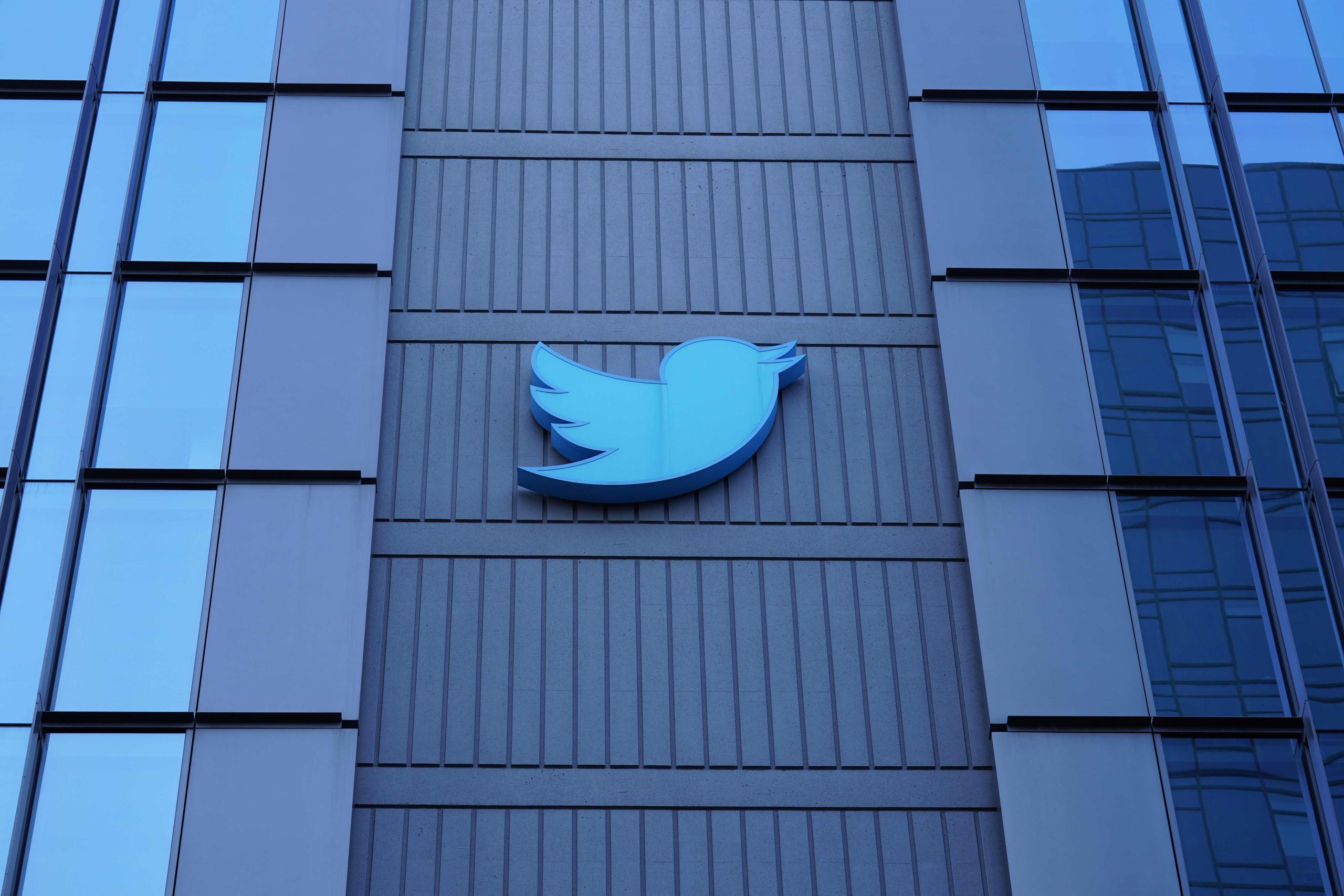OPINION ANALYSIS
Supreme Court rules Twitter not liable for ISIS content

on May 18, 2023 at 1:03 pm

The Supreme Court on Thursday ruled against the family of a 2017 ISIS attack victim who sought to hold tech companies liable for allowing ISIS to use their platforms in its terrorism efforts. The lawsuit seeking to hold Twitter, Facebook, and Google liable for aiding and abetting international terrorism cannot go forward, a unanimous court found. And based on that decision, the justices sidestepped a major ruling in a separate case on the scope of Section 230 of the Communications Decency Act of 1996, which generally shields tech companies from liability for content published by users. The justices sent that case, Gonzalez v. Google LLC, back to the lower court for another look – suggesting that it too was unlikely to survive.
Justice Clarence Thomas wrote for a unanimous court in Twitter v. Taamneh, a lawsuit filed by the family of a Jordanian citizen, Nawras Alassaf, who was killed in an ISIS attack on an Istanbul nightclub in 2017. The lawsuit relied on the Antiterrorism Act, which allows U.S. nationals to sue anyone who “aids and abets, by knowingly providing substantial assistance,” international terrorism. The Taamneh family argued that Twitter and the other tech companies knew that their platforms played an important role in ISIS’s terrorism efforts but nonetheless failed to take action to keep ISIS content off those platforms.
The U.S. Court of Appeals for the 9th Circuit allowed the family’s lawsuit to go forward, but on Thursday the Supreme Court reversed. Thomas noted that the “mere creation of” social-media platforms “is not culpable,” even if “bad actors like ISIS are able to use” those platforms for “illegal — and sometimes terrible — ends. But the same could be said of cell phones, email, or the internet generally,” Thomas emphasized.
Instead, Thomas explained, what the family’s argument really boils down to is that the tech companies should be held liable for “an alleged failure to stop ISIS from using these platforms.” But the family has not demonstrated the kind of link between the tech companies and the attack on the nightclub that it would need to show to hold the companies liable, Thomas reasoned. Instead, he observed, the companies’ “relationship with ISIS and its supporters appears to have been the same as their relationship with their billion-plus other users: arm’s length, passive, and largely indifferent.” And the relationship between the companies and the attack on the nightclub is even more attenuated, Thomas wrote, when the family has never alleged that ISIS used the social-media platforms to plan the attack.
Indeed, Thomas noted, because of the “lack of concrete nexus between” the tech companies and the Istanbul attack, allowing the family’s lawsuit to go forward would effectively mean that the tech companies could be held liable “as having aided and abetted each and every ISIS terrorist attack” anywhere in the world.
Justice Ketanji Brown Jackson wrote a brief concurring opinion in which she stressed that the court’s opinion, which she joined, was “narrow in important respects.” In particular, she wrote, although the family’s claims cannot go forward here, “[o]ther cases presenting different allegations and different records may lead to different conclusions.”
The court’s decision in the Twitter case was followed closely by its opinion in Gonzalez v. Google, a lawsuit filed by the family of Nohemi Gonzalez, a 23-year-old American woman who was killed in the 2015 ISIS attack on a Parisian bistro. The Gonzalez family argued that Google (which owns YouTube) aided ISIS’s recruitment by allowing ISIS to post videos on YouTube that incited violence and sought to recruit potential ISIS members, and by recommending ISIS videos to users through its algorithms.
The U.S. Court of Appeals for the 9th Circuit ruled that Section 230 protects such recommendations, at least if the provider’s algorithm treated content on its website similarly. The majority acknowledged that Section 230 “shelters more activity than Congress envisioned it would.” However, the majority concluded, Congress – rather than the courts – should clarify how broadly Section 230 applies. The Gonzalez family then went to the Supreme Court, which agreed last year to take up the case.
But in an unsigned three-page ruling, the justices left the question of Section 230’s scope for another day – or for Congress. Instead, the court explained, “much (if not all) of” the family’s “complaint seems to fail under either our decision in Twitter or the Ninth Circuit’s unchallenged holdings below.” Therefore, the court reasoned, there was no need for it to weigh in on the scope of Section 230 now. The justices sent the case back to the court of appeals for it to take another look “in light of our decision in Twitter.”
This article was originally published at Howe on the Court.


